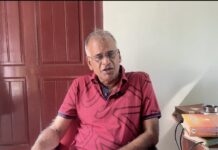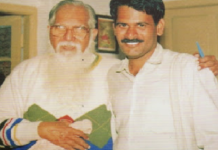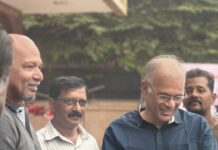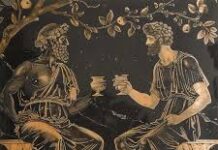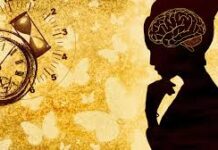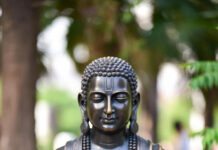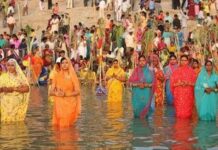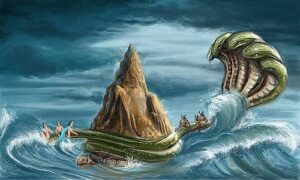
Dear sir
I am quite inspired by your ideas and thoughts. Your interview where you describe who is an “artist” , why an artist prolific in his output, why such an orientation also results in underdevelopment of social skills and why artists are socially awkward was very thought provoking. I also recently listened to your interview on how literature allows a common man to experience new worlds through imagination and hence breakaway from the limited experiences offered by his daily life, your points on why a creative writer should not fall prey to the democratization driven by social media, your idea of what really matters in a day is intense minutes and not the time that is spend on leisure – all of it are very inspiring.
One of the constant questions in my mind is the concept of evil vs good, are these external forces or imaginations of the human mind, why does so called evil/negative forces seem to have more momentum and stronger effect on mankind and why the “good” acts (e.g. prayers, meditation, compassion) etc are more slow and long term in their effect in shaping the human mind, why does it appear that there is a tendency in life to naturally go towards dis-order and chaos etc.
I would really appreciate if you direct me to any of your writings that talk about these concepts.
Thanks and regards
Raghavan.
Dear Raghavan
I am delivering short talks on YouTube to a broad audience with a sporadic interest in thought. I aim to stimulate their intellect and pique their interest in our programming. These short videos draw the attention of young people, leading them to explore deeper philosophical issues through our various classes. Therefore, I am unable to address fundamental philosophical topics in those videos.
The question about ‘evil’ is difficult to answer succinctly. Various philosophical schools and philosophers have debated the concept of evil from different angles. I can say one thing: what we call ‘evil’ is the general nature of animals. Human beings are basically animals, and they developed ‘humanness’ over thousands of generations. We call that development as ‘ the culture’. The entire body of ‘ethics’ ‘values’ ‘rules’ and ‘passions’ are cultural constructions. Culture is constantly in conflict with the fundamental nature of humans, a concept Freud referred to as the ‘Id.’ The fight will always be here.
I wrote and talked a lot about this topic, but the best is my magnum-opus’venmurasu’.
The ancient myth of ‘palazhi madana’ (churning the ocean of milk) is a perfect allegory. The battle between good and evil never ceases. The ‘amrit’ is human wisdom.
jeyamohan

